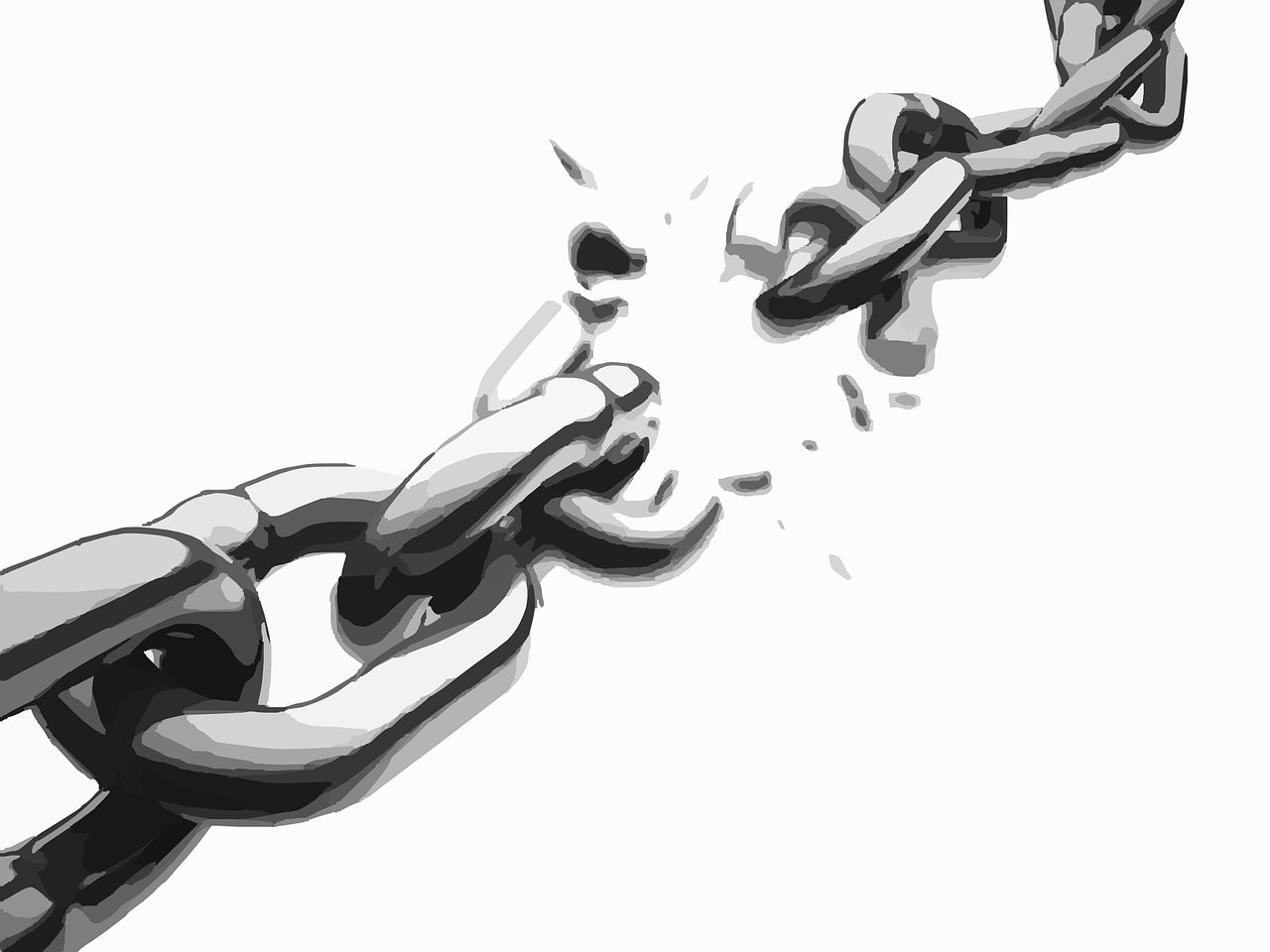Now the Lord is the Spirit, and where the Spirit of the Lord is, there is freedom. — 2 Corinthians 3:17
This verse does not deny the Trinity by teaching that Jesus Christ and the Holy Spirit are the same. Nor does it promise that Christians have the freedom to sin. It does, however, promise deliverance from sin. We are called to be free (Gal 5:13). Christ has set us free (Gal 5:1). The truth sets us free (John 8:32), and if the Son sets us free, we are free indeed (John 8:36). Paul also refers to “the glorious freedom of the children of God” (Rom 8:21).
2 Corinthians 3:18 explains that we are beholding the glory of the Lord, and are being transformed into the same image from one degree of glory to another. This transformation comes in stages. As we behold his glorious love, and the glorious image in which we were created, we are changed into the same image, from glory to glory, by the Spirit of the Lord.1
In his sermon, “The Spirit of Bondage and Adoption,” John Wesley describes the natural person who neither fears God nor loves God. Such a person is asleep to his or her present danger. However, through some providential occurrence or through the agency of the Word of God preached with the power of the Spirit, such a person is awakened. Thomas Oden provides a graphic illustration:
Think of a child playing near a cliff. Unaware of the danger does not make the situation less dangerous, but more. This is the condition of the natural self. While one is playing perilously on the edge of a measureless moral abyss (final judgment), one remains totally unaware of it. . . . How does it happen that the moral drifter moves toward becoming morally serious? Each person’s story is unique.2
This awakened sinner now fears God but does not yet love him. The more he tries to break the bondage of sin, the more he is conscious that he cannot do so. He groans under the condemnation of the law which he has broken. But as he confesses his sin, he begins to experience God’s grace. As he trusts in the atonement of Christ, he receives the Spirit of adoption and God’s love is poured into his heart. The guilt and power of sin has been broken. He has been liberated
not only from guilt and fear but from sin, from that heaviest of all yokes, that basest of all bondage. His labor is not now in vain. The snare is broken, and he is delivered. He not only strives but likewise prevails; he not only fights but conquers also.3
Charles Wesley sang, “He breaks the power of canceled sin, he sets the prisoner free.” In his notes on 1 John 4:18 Wesley expanded this paradigm:
- The unawakened sinner neither fears nor loves God.
- The awakened sinner fears but does not yet love God.
- The born-again believer both fears and loves God.
- The perfect Christian loves but does not fear God.4
We can be so filled with the love of God that it casts out or displaces anything contrary to his love. While sin no longer reigns in the life of a believer, it still remains.5
We can be free from the condemnation of the law, from the guilt of sin, from the wrath of God. We are free from the Mosaic law and from the bondage of extrabiblical legalism. According to Romans 6, we are set free from the power of sin. But there is a greater deliverance. We can be free from the pollution and nature of sin now. We will be free from the presence of sin, but before we get to heaven we can be cleansed from all sin in this life.
In A Plain Account of Christian Perfection, Wesley elaborated:
This great gift of God, the salvation of our souls, is no other than the image of God fresh stamped on our hearts. It is a renewal of believers in the spirit of our minds, after the likeness of him that created them. . . . They daily “go on from strength to strength;” “beholding now, as in a glass, the glory of the Lord, they are changed into the same image, from glory to glory, by the Spirit of the Lord.” And “where the Spirit of the Lord is, there is liberty,” such liberty “from the law of sin and death” as the children of this world will not believe, though a man declare it unto them.
He goes on to describe freedom from “that great root of sin and bitterness, pride.” We can also be freed from self-will, evil thoughts, fear, and doubt. Then Wesley clarified, “Not that everyone is a child of the devil till he is thus renewed in love. . . . Neither dare we affirm, as some have done, that all salvation is given at once.” He explains that we may remain in the peace of their initial salvation for some time until some of our old enemies, our bosom sins, or the sin which did most easily beset us, assaults us again. “Now they see all the hidden abominations there, the depths of pride, self-will, and hell.” This revelation produces an inexpressible hunger for a full renewal in his image, in righteousness and true holiness. Then God gives us a single eye and a pure heart.6
Sermon Suggestions
We can be set free. Where are you in the process of renewal, transformation, and deliverance?
- Asleep
- Afraid
- Alive
- Aglow—this concept is based on the unveiled face. Moses saw the glory of the Lord and his face shown. As we behold his glory through the lens of his Word, our face also shines.

